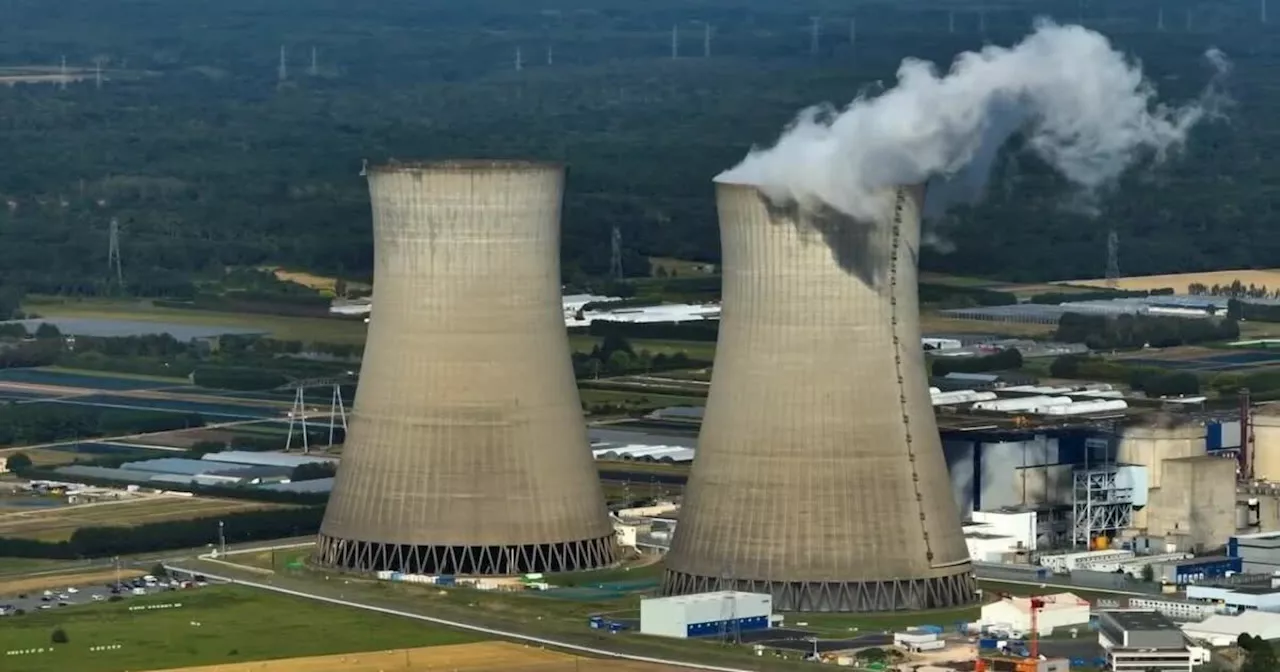A bill that could pave the way for nuclear power plants in Utah has moved forward in the state legislature. The House Public Utilities committee unanimously voted to support the bill, which establishes a nuclear consortium and state oversight of any power development.
A significant bill paving the way for nuclear power in Utah is progressing through the state legislature. The House Public Utilities committee voted unanimously on Monday to endorse House Bill 249, which establishes the groundwork for potential nuclear power plants in the state. 'This won't be a plant tomorrow or the next day or the next year,' stated Rep. Carl Albrecht, R-Richfield. 'This plant generation is 10 to 15 years down the road.
And hopefully, technology advances, and we generate power with zero carbon.' Rep. Albrecht openly expressed his fondness for coal and acknowledged that he was tasked by Republican leaders at Utah's Capitol Hill to introduce this bill. However, he emphasized that nuclear power must be considered as part of Utah's energy mix, which also encompasses renewable sources such as solar and wind. The bill establishes a nuclear consortium and state oversight of any power development and allows for 'energy zones' across the state where a small-scale nuclear plant could be situated. Rep. Albrecht highlighted that the technology has evolved from large, water-intensive plants in the past and data centers require substantial power, making this a potentially viable source.Most public commentary opposing HB249 centered around health and safety concerns. One individual noted that the bill was being debated on the National Day of Remembrance for Downwinders, referring to individuals who perished due to radiation exposure from above-ground nuclear testing in Nevada. 'I hope you don't repeat the mistakes of prior generations by becoming so engrossed in the enthusiasm for the benefits of nuclear power that we fail to protect the citizens,' said Mike Maxwell, who spoke against the bill. Ava Curtis remarked that members of her family have been grappling with cancers stemming from radiation exposure. 'This isn't a distant problem. These dangers are being felt within our own state,' Curtis conveyed to the committee. Others voiced concerns regarding the entity responsible for overseeing the nuclear consortium and the level of transparency surrounding the allocation of taxpayer funds. Supporters countered that this presents a valuable opportunity for a new energy source within the state. Casey Hill, a lobbyist representing EnergySolutions, asserted that it positions Utah to become a leader in the field 'almost immediately.' Rep. Albrecht expressed sensitivity towards the Downwinders' concerns, having numerous family and friends who also perished from exposure to the nuclear tests. He was willing to take further steps to address health and safety concerns. However, he emphasized a distinction between power generation and above-ground nuclear testing. The bill now advances to the full House of Representatives for a vote
NUCLEAR POWER UTAH LEGISLATURE HOUSE BILL 249 ENERGY ZONES HEALTH AND SAFETY CONCERNS DOWNWINDERS
